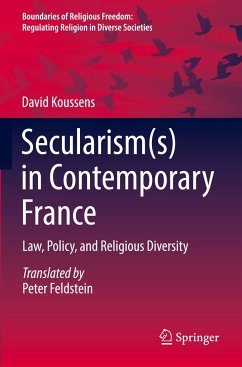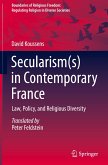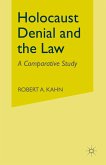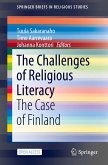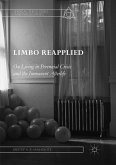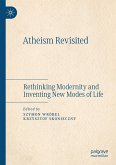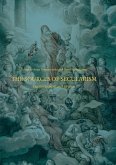The increasing visibility of Islam in France and the vehemence of debates about it have often contributed to narrow public perceptions of secularism to a simplistic antireligious crusade, a misleading image disseminated by the media and politicians alike. Taking the opposite stand, this book embarks on a comprehensive effort to document the multiple areas in which French secularism plays out - in debates over "cults," places of worship, chaplaincy services in public institutions, the recognition of associations of worship, and more -, outlining and analizing the legal paths favored by the state in the regulation of religious diversity. While Islam has undoubtedly contributed to the reshaping of French secularism in the last decades, the book moves beyond what has come to be known as the "Muslim Question" to look at the multiplicity of challenges contemporary religious beliefs, practices, and organizations now pose to the state. David Koussens examines the main political and legal configurations of French secularism over the last thirty years through a sociological and juridical lens, in order to better document its diversity. Such a portrait emphasizes that French secularism is not a univocal phenomenon but one that appears in many guises.
Bitte wählen Sie Ihr Anliegen aus.
Rechnungen
Retourenschein anfordern
Bestellstatus
Storno

